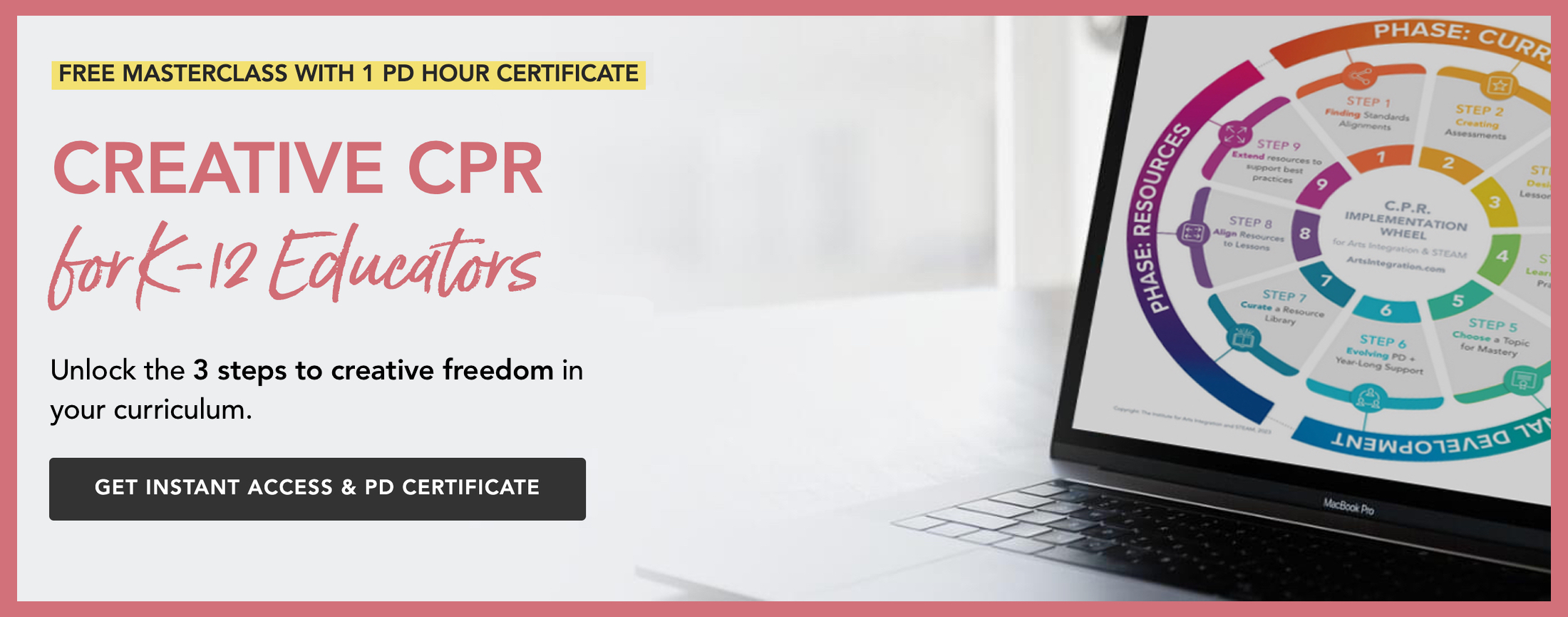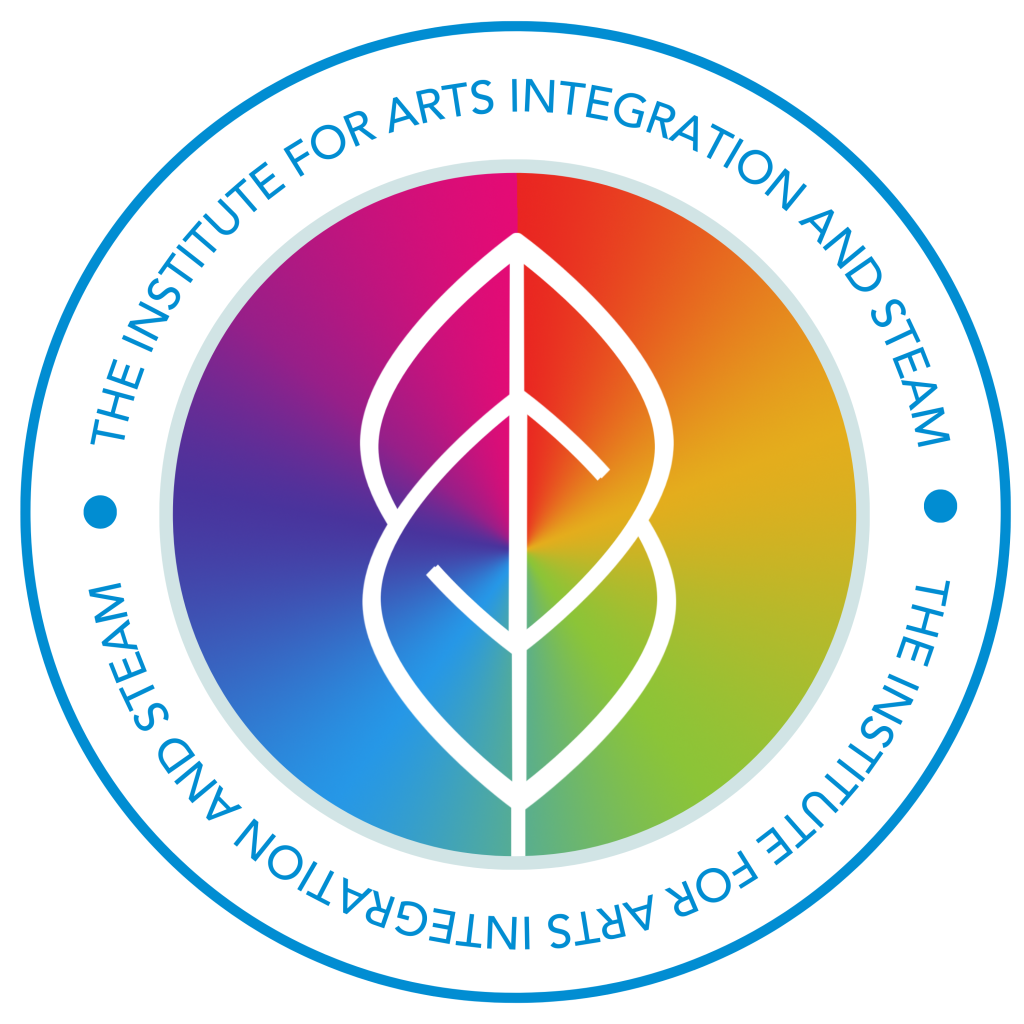Thrive as a Teacher with the Four Agreements
8 Min Read • Video Series
Do you ever feel like you’re just surviving as a teacher? Like you’re just trying to keep your head above water? We’ve all been there.
In this episode of Teaching with Creativity, we’re talking about how to use The Four Agreements as a pathway for self-care and to help you bring the joy back to teaching.
EPISODE TRANSCRIPT
Hi there and welcome to another episode of Teaching with Creativity! I’m your host, Susan Riley, founder of EducationCloset and I’m so glad you’re here today. Because today – we’re diving into something super important to all educators out there: re-finding your spark.
Just the other day, our team was sitting in the office talking about how many teachers have approached us all individually to ask how they can get out of the classroom. And not just one or two. We’re talking at least 2 or 3 requests a day.
Which led our team to think about why this is happening now. Certainly, the expectations and demands on teachers now is greater than they ever have been before. Teachers are, frankly, overworked, overwhelmed and underpaid. But…that can’t be the whole reason. After all – these qualities have sadly described the teaching profession for a long time. So why is there so much more frustration now?
It could also be the fact that teachers are not treated as professionals. They are provided with scripted curriculum, they have little to no control over how to teach their students and the culture of testing is out of whack. In short: their joy is being stripped away.
Now, we focus on using arts integration and STEAM here at EdCloset. Both of which provide opportunities for students and teachers to get creative and explore learning from the rich and varied lens of the arts. That’s all great – but what if it’s not possible in your given situation?
Here’s the thing: it’s always possible. You just might have to look at some things differently. For example, you may have to rethink what collaborative planning looks like. Or you might want to explore just one arts area to start. The point is that there’s always a way.
The same is true when it comes to thriving in the teaching profession, instead of just surviving. There’s a way through the muck – you just have to change your perspective.
A little while back, I read the book The Four Agreements by Don Miguel Ruiz. It’s based on an old Toltec wisdom that states if you can master these agreements, you can set yourself free from stress and worry.
While there were certainly some areas that I questioned and even pushed back a little, I did find that the four agreements could provide a pathway for educators to thrive in their work and find joy in the profession again.
Be Impeccable with your Word
The first agreement is that you are impeccable with your word. What does that mean? Simply that you do what you say you’re going to do. But the flip side is true as well – don’t commit to something unless you are certain you can be true to your word.
That means NOT saying yes to everything – even if it comes from a parent or administrator. Ask questions first. Really know what you’re being asked to do before committing to it. So often we teachers want to help others – it’s in our nature. But we end up burning out on both ends because we over-commit to things. We don’t give ourselves enough margin for self-care and refilling our own cup. If we value our word, we won’t overextend ourselves.
Don’t Take Things Personally
Agreement number two is to not take things personally. Oh this is a challenge for me – and my bet is it is a challenge for you, too. When someone says something about our work, our schedule, or our ideas we tend to personalize it as being reflective of who we are. This couldn’t be further from the truth.
You – as a person – are not simply the work you do in the classroom or the arts showcases you put on for the community. You have so much more value than that.
But more importantly, what people say to you about those elements is not really about you. It’s a mirror of how they feel about themselves. For example, if a classroom teacher drops of their students to the art room and says “must be nice to paint all day. I wish I could do that”, the art teacher will instinctively have a negative reaction. It feels personal…as though that classroom teacher doesn’t have any respect for the work the art teacher is doing.
Another example is if a principal comes into a classroom teacher’s math class and says “Why are the kids just sitting here doing worksheets? Why don’t you have them in centers?”. It feels like they are making a personal judgment to your ability as a teacher and making that call before knowing all of the details.
In both examples, it feels disrespectful and as if the other person is hurting you in some way. In reality, that classroom teacher may wish she could have more creative freedom and envy’s the art teacher’s job. Or the principal may have just had a conversation with the superintendent about a new choice-based initiative and feels the pressure to ensure more centers are happening in the classroom. It has nothing to do with you and everything to do with the other person. Remembering this can go a long way to saving your sanity.
Don’t Make Assumptions
Okay – the next one I think goes hand-in-hand with the 2nd agreement. Don’t Make Assumptions is common sense, and yet we all do this all the time. For instance, just the other day, my daughter lost her jacket at school. She told me she left it on the back of her chair, went to math class and when she got back, it was gone. Now, she happens to go to a school with a high Title I population and we’ve just had our first real cold spell. My mind instantly jumped to the conclusion that another child had taken my daughter’s jacket because they needed it for themselves. I thought it was a shame, but that if another child needed it for the cold, then fine. We could always get another jacket for my daughter.
The next day, Emma came home with her jacket and said she felt kind of silly because she forgot that she had crumpled it up and shoved it into her desk before math class. She wasn’t the only one who felt silly. Classic case of making assumptions.
This happens to us all the time as teachers. Something happens in our classroom or with a parent or another teacher and we immediately fill in the gaps of the story. This is totally not our fault, either. It’s how our brains are wired. We are conditioned to create a story that makes sense to us. But the problem is that a lot of times – not sometimes but a LOT of times – our assumptions are incorrect.
Now, this one is hard to work on, but here’s a great way to start. For the next 48 hours, notice anytime you or someone around you makes an assumption. Just notice it. I did this and during the first day, I immediately picked up on at least 5 instances where either I, my husband, a team member or even my daughter made an assumption. Once you do this exercise, you’ll immediately start to step back and ask some questions instead of trying to fill in the gaps.
Always do your best
The last agreement is to always do your best. And I think we teachers are fairly type A and really try hard to put forth our best effort. So I kind of thought I could blow this one off. But if you dive deeper into this, there’s a lot to learn from this agreement.
I like to think that this agreement actually has an extension: always do your best and be kind to yourself. Because when you do your best, that’s all you can do, right? So no matter what, you can look back and be kind to yourself because you did all you could do. No regrets. It doesn’t matter if someone else doesn’t think it’s good enough – all that matters is that you worked to your capacity.
We spend so much time on beating up on ourselves…why didn’t I get that job? All of these other teachers are sharing stuff that looks just like it does on Pinterest. Mine looks like it came out of a shoebox. Ugh. I must be doing something wrong.
It’s the script that runs through our heads and it’s got to stop. We all come to our pathways with a unique curriculum and lessons to learn. Just do your best with what you have and focus on your curriculum – not someone else’s.
I hope these ideas for using the four agreements have been as helpful to you as they have been for me this year. Speaking of this year…we’re winding down and getting ready for 2018. Can you believe it? This marks the end of Season One of the Teaching with Creativity Show.
We’ll be back again in January 2018 with Season Two. In our upcoming season, you’ll be introduced to some of our other team members who will be sharing with you more ideas, resources and tools for arts integration and STEAM.
Until then, enjoy your holiday season and we’ll see you in 2018!



